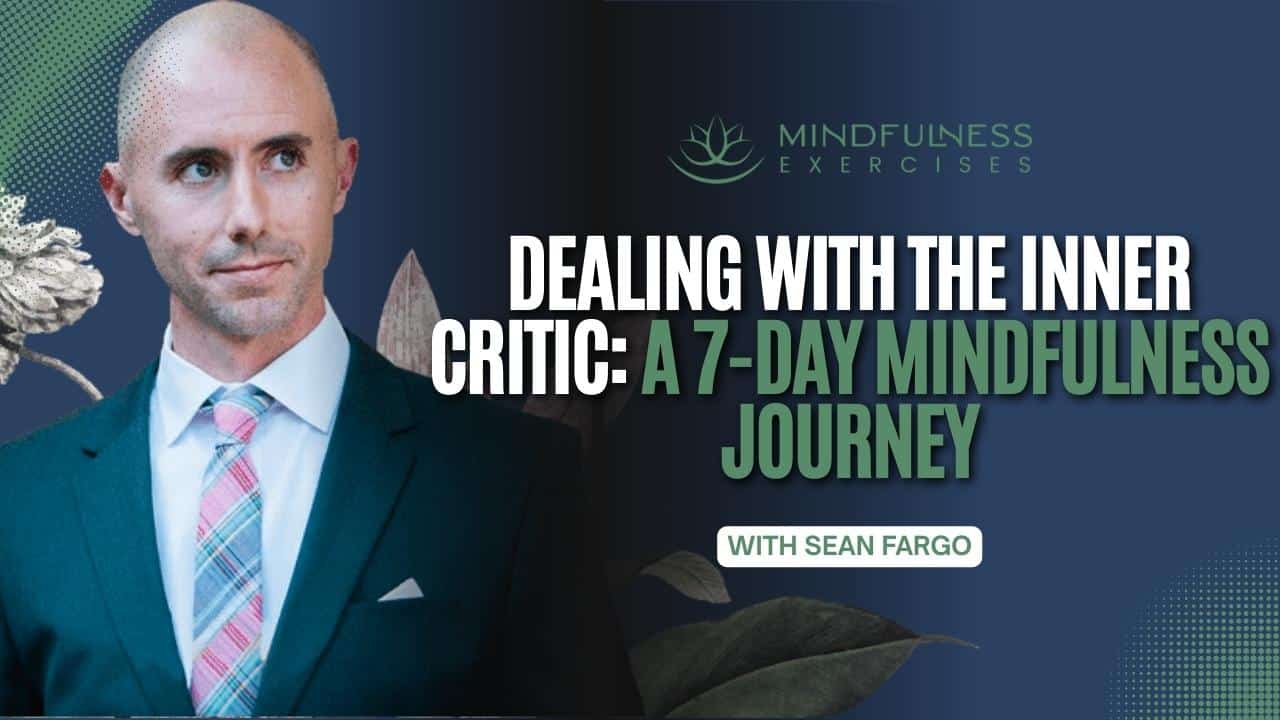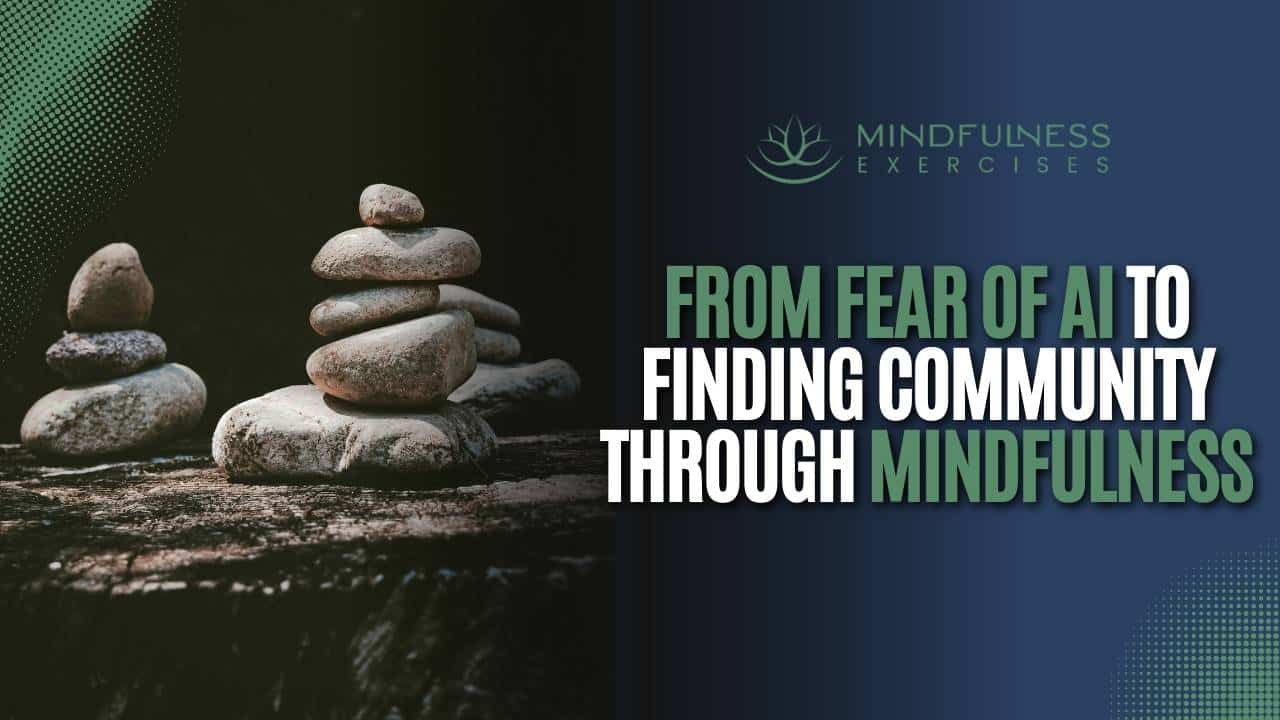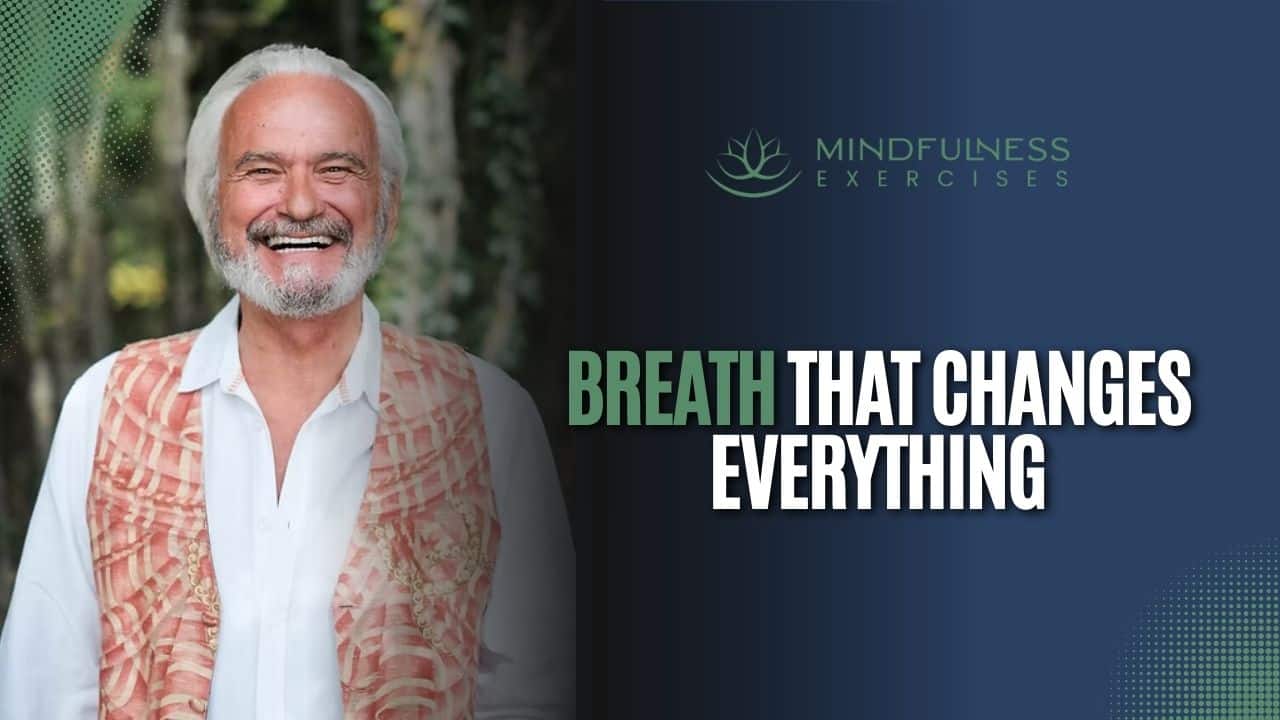Listen now
In this deeply enriching episode of the Mindfulness Exercises podcast, Rhonda V. Magee joins us to explore the transformative power of mindfulness as a tool for healing both individually and collectively. A professor emeritus of law and a pioneer in integrating contemplative practices into education and social change, Rhonda shares her personal journey from her roots in the American South to becoming a thought leader in socially engaged mindfulness. Drawing from a lifetime of contemplative practice and her foundational work, The Inner Work of Racial Justice, Rhonda speaks about bridging traditions, overcoming systemic barriers, and building community through mindful awareness.
Sponsored by our Mindfulness Meditation Teacher Certification Program
certify.mindfulnessexercises.com
What You’ll Learn in This Episode:
Show Notes:
The Roots of Mindfulness in Everyday Life
Rhonda shares how her grandmother’s early morning centering rituals deeply shaped her understanding of contemplative practice. Though rooted in Christian traditions, these practices laid a foundation for Rhonda’s later exploration of meditation in Eastern philosophies.
Discovering Mindfulness Through Literature and Lived Experience
A chance encounter with The Bhagavad Gita for Daily Living introduced Rhonda to formal meditation. She describes how this book helped her understand the value of one-pointed focus and laid the groundwork for her journey into mindfulness.
Bringing Contemplative Practice Into Legal Education
Rhonda recounts how she introduced meditation into her law school classrooms, co-creating contemplative lawyering courses and drop-in meditation spaces. Her efforts led to cultural shifts within academic settings, demonstrating mindfulness’s impact beyond the cushion.
Integrating Inner Work With Racial Justice
The conversation dives into Rhonda’s approach to blending mindfulness with anti-racism work. She explains why personal and collective healing is crucial when addressing systemic issues like racism and how contemplative practices help navigate these challenges.
The Importance of Language in Mindfulness Advocacy
Rhonda discusses the strategic use of language to make mindfulness more accessible. In academic and secular spaces, terms like "contemplative practice" or "well-being" can open doors where “mindfulness” or “meditation” might not.
Building Inclusive Mindfulness Communities
Through organizations like the Center for Contemplative Mind in Society and Mind & Life Institute, Rhonda has helped form networks that bring together scholars, professionals, and activists dedicated to expanding the ways we teach, learn, and heal through mindfulness.



